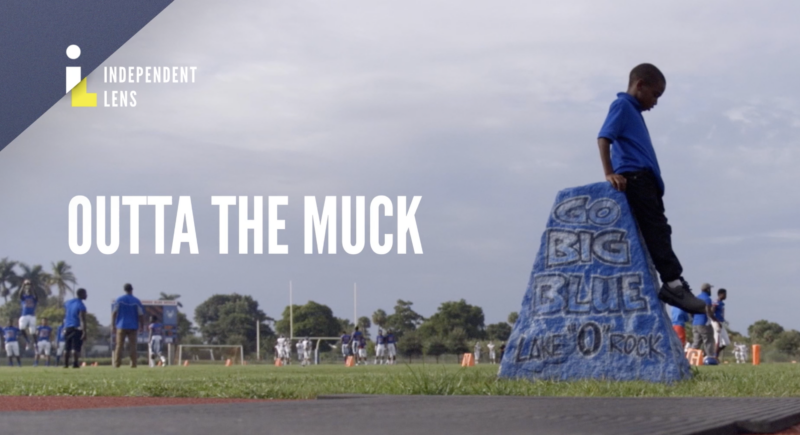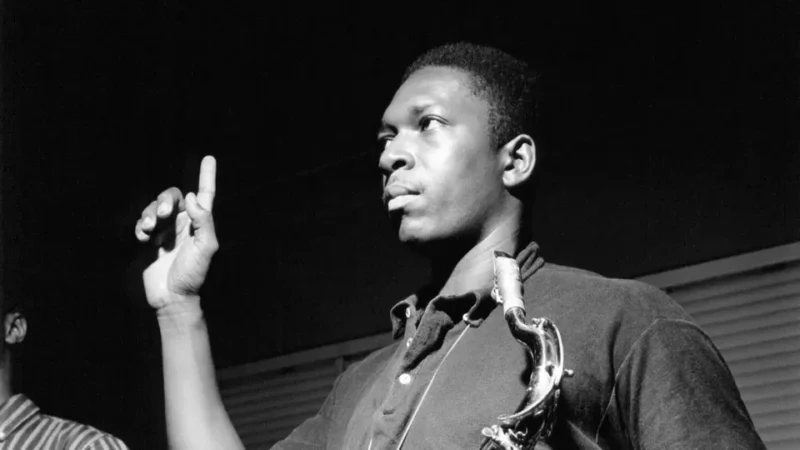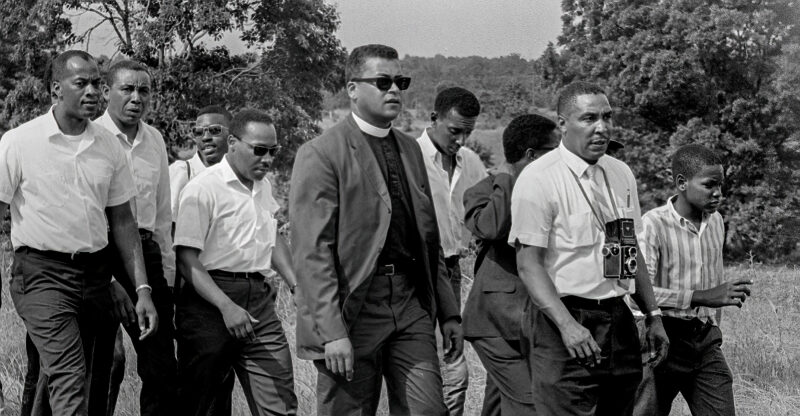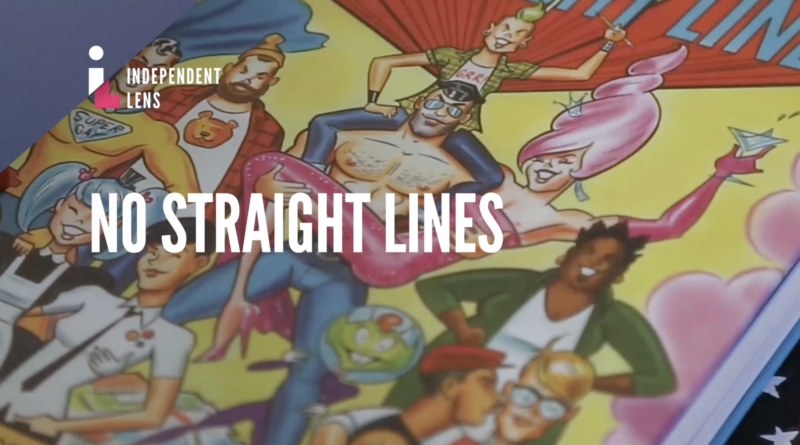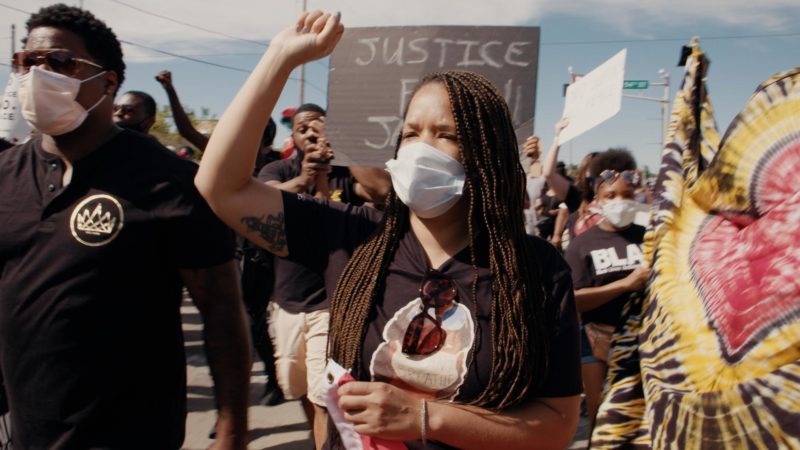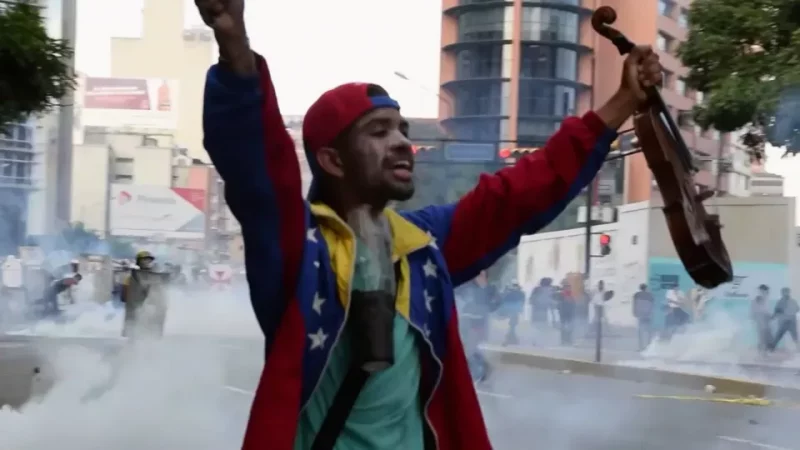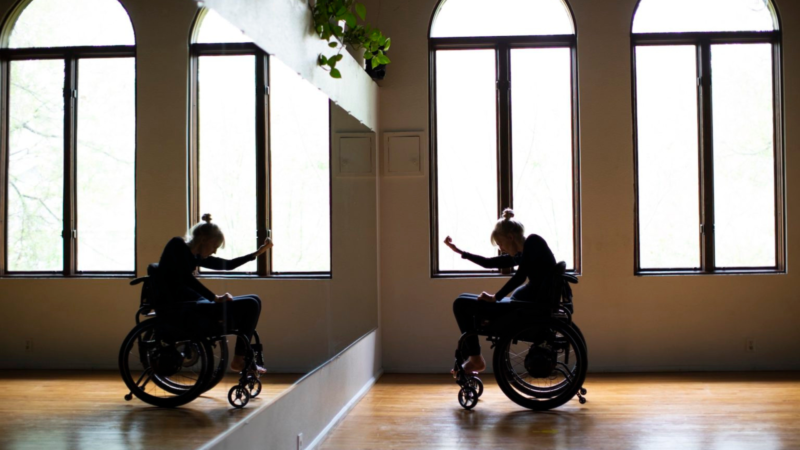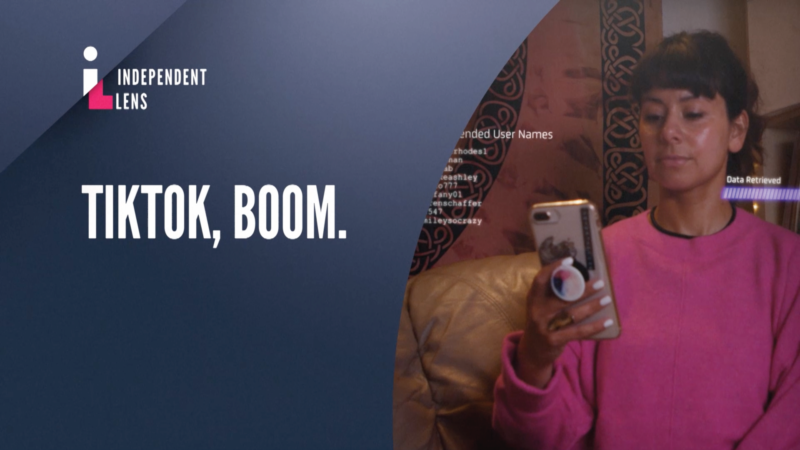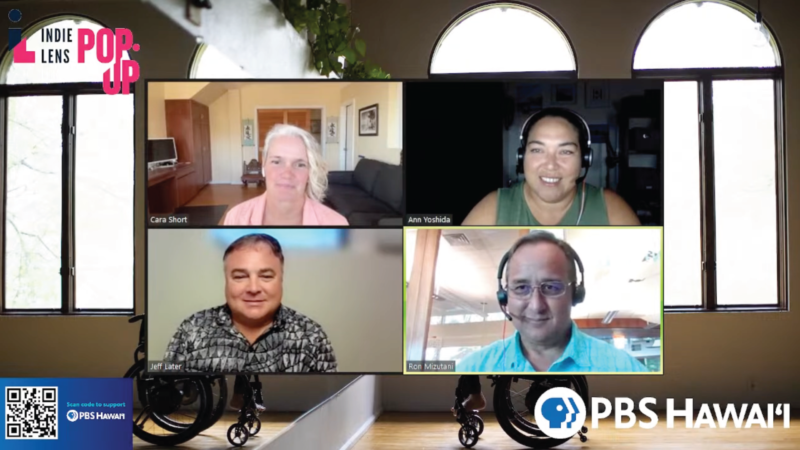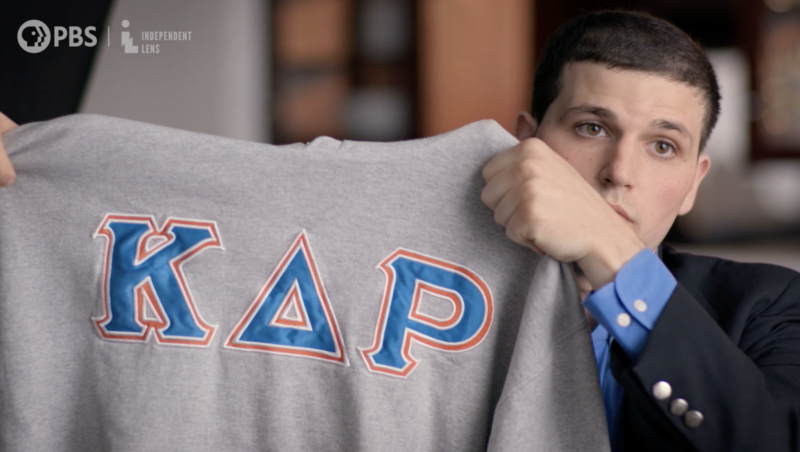Wade into the rich soil of Pahokee, Florida, a town on the banks of Lake Okeechobee. Beyond its football legacy, including sending over a dozen players to the NFL (like Anquan Boldin, Fred Taylor, and Rickey Jackson), the fiercely self-determined community tells their stories of Black achievement and resilience in the face of tragic storms and personal trauma.
Set against the social, political and cultural landscape of the times, Chasing Trane brings saxophone great John Coltrane to life, as a man and an artist. The film is the definitive look at the boundary-shattering musician whose influence continues to this day.
The vibrant life of Ernest Withers—civil rights photographer, and FBI informant—was anything but black and white. From his Memphis studio, Withers' nearly 2 million images were a treasured record of Black history but his legacy was complicated by decades of secret FBI service revealed only after his death. Was he a friend of the civil rights community, or enemy—or both?
When Alison Bechdel received a coveted MacArthur Award for her best-selling graphic memoir Fun Home, it heralded the acceptance of LGBTQ+ comics in American culture. From DIY underground comix scene to mainstream acceptance, meet five smart and funny queer comics artists whose uncensored commentary left no topic untouched and explored art as a tool for social change.
An Evanston, Illinois rookie alderwoman led the passage of the first tax-funded reparations bill for Black Americans. While she and her community struggle with the burden to make restitution for its citizens, a national racial crisis engulfs the country. Will the debt ever be addressed, or is it too late for a reparations movement to finally get the big payback?
In Venezuela, amidst a backdrop of poverty, murder, and corruption, the El Sistema youth orchestra offers children hope and the opportunity to pursue a life of art in spite of the harshness of the society around them. Yet the country’s spiraling collapse and political repression threatens the musicians’ dreams of a better life.
Beneath the waters of Lake Superior, off the shore of Wisconsin, Kelsey Peterson underwent a transformation. On the eve of Independence Day 2012, she dove in and hit the lake bottom headfirst, suffering a life-altering spinal cord injury that takes away both function and sensation from the chest down, essentially robbing Kelsey of her self-identities as an athlete and dancer.
Alongside peers and allies in the spinal cord injury community, she seeks to answer the question “Who am I now?” As she grapples with the ebb and flow of hope and acceptance, Kelsey talks to researchers and meets with people who belong to this community and who help give her the strength and the will to return to dance. When a cutting-edge clinical trial surfaces, it tests her expectations and her faith in the possibility of a cure, forcing her to evaluate the limits of her recovery—in body and spirit.
What does it mean to be a digital native? TikTok, Boom. dissects the platform along myriad cross-sections—algorithmic, socio-political, economic, and cultural—to explore the impact of the history-making app. Balancing a genuine interest with healthy skepticism, delve into the security issues, global political challenges, and racial biases behind the platform.
On 10/20/22, we had an advanced screening of MOVE ME, a film about Kelsey Peterson, an athlete and dancer that suffered a life-altering spinal cord injury. Now, she seeks to answer the question, “Who am I now?” as she grapples with the ebb and flow of hope and acceptance.
Hazing is a widespread, far-reaching practice fueled by tradition, secrecy, groupthink, power, and the desire to belong in fraternities and sororities on college campuses across the U.S. Filmmaker Byron Hurt embarks on a deeply personal journey to understand the underground rituals of hazing, revealing the abuse and the lengths college students will go to fit in.

